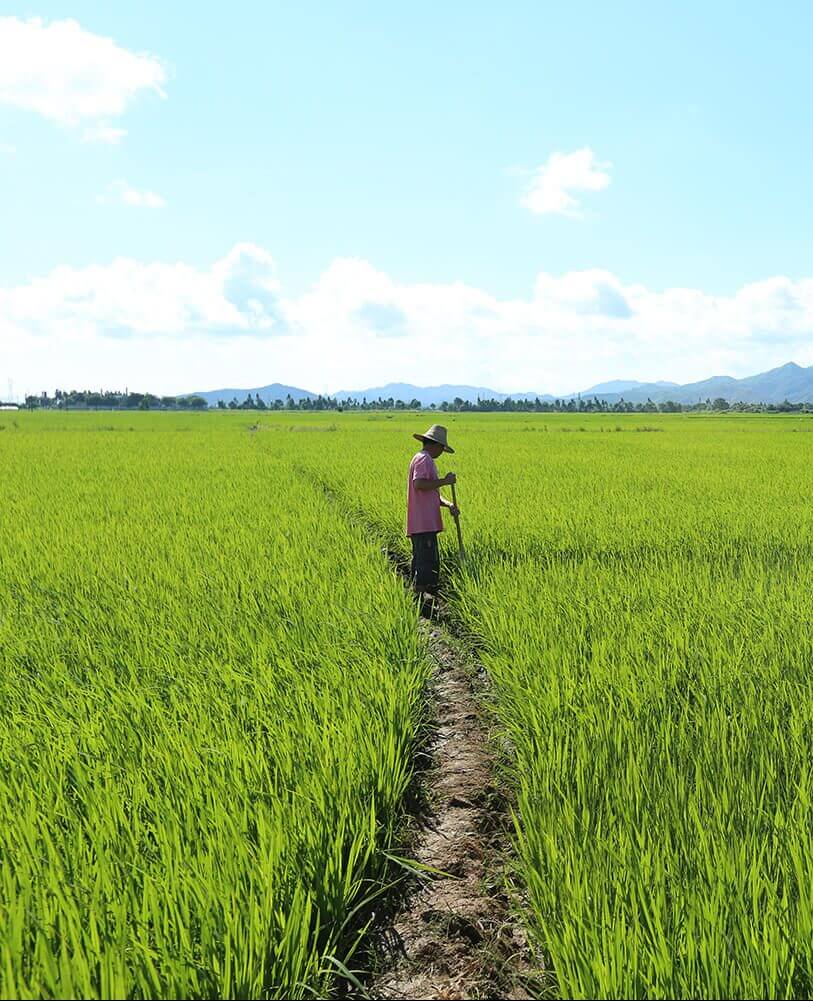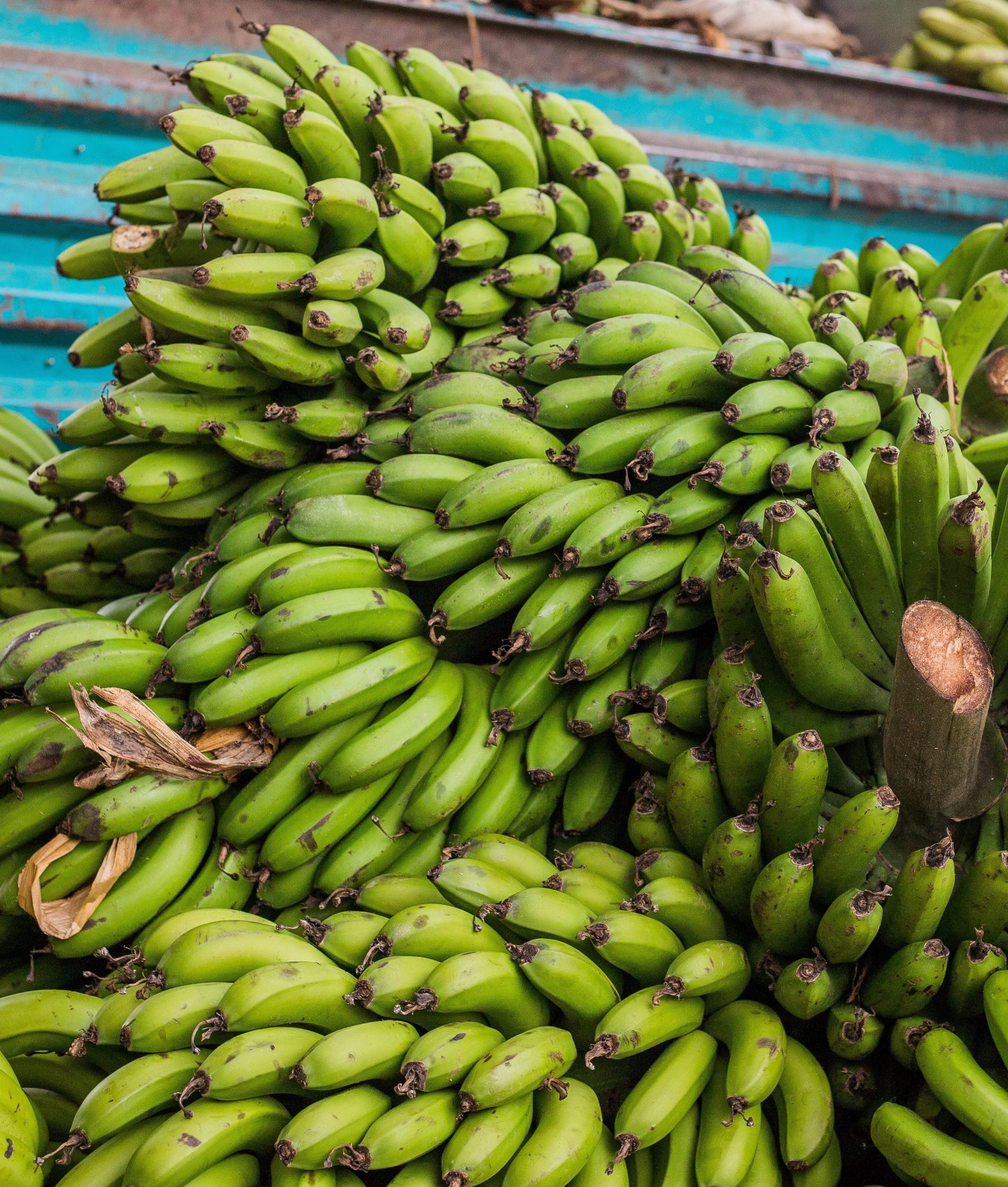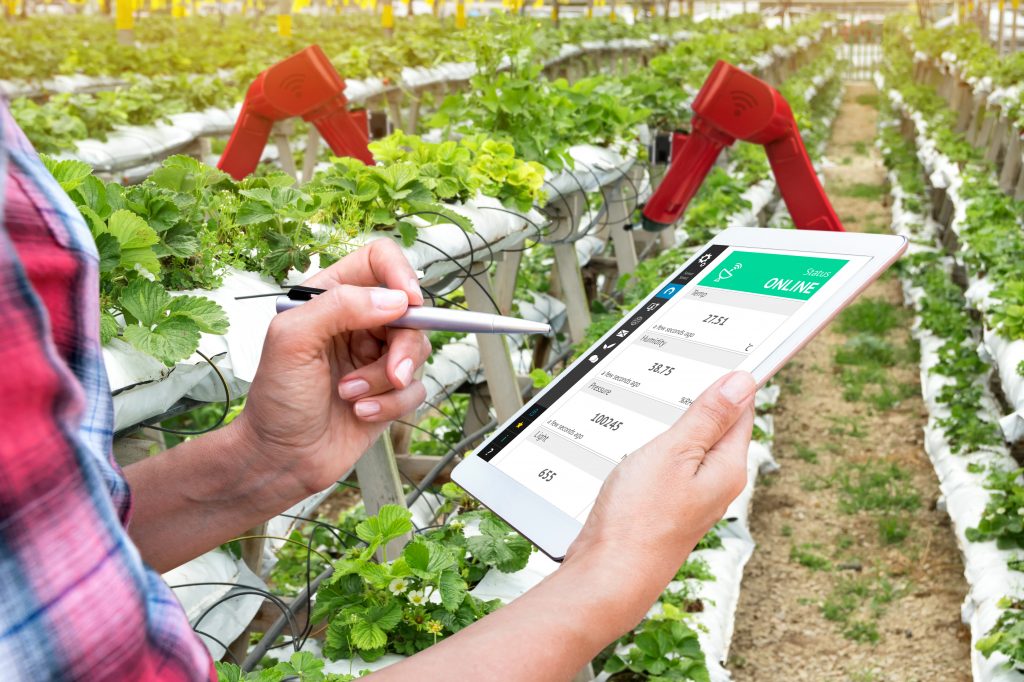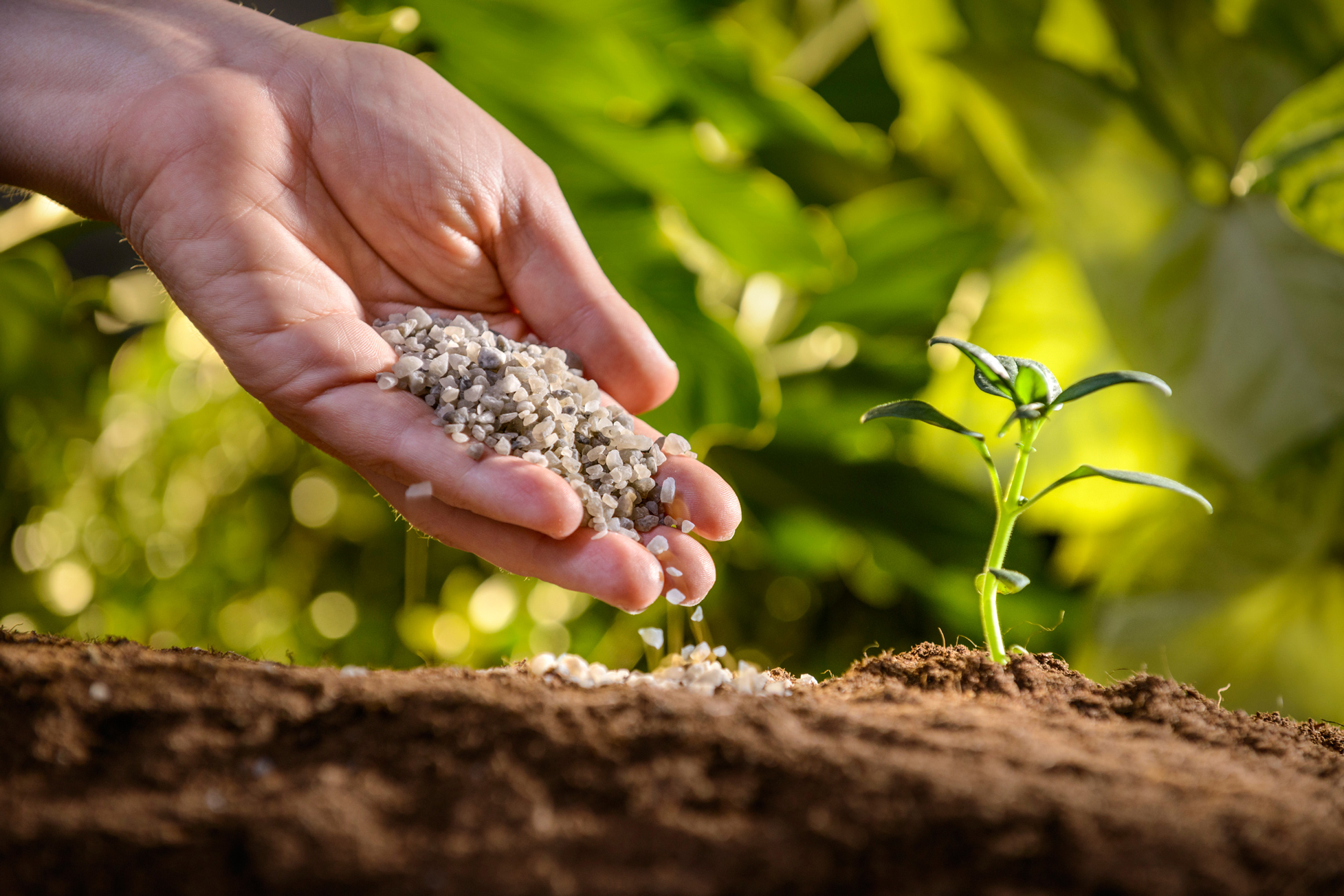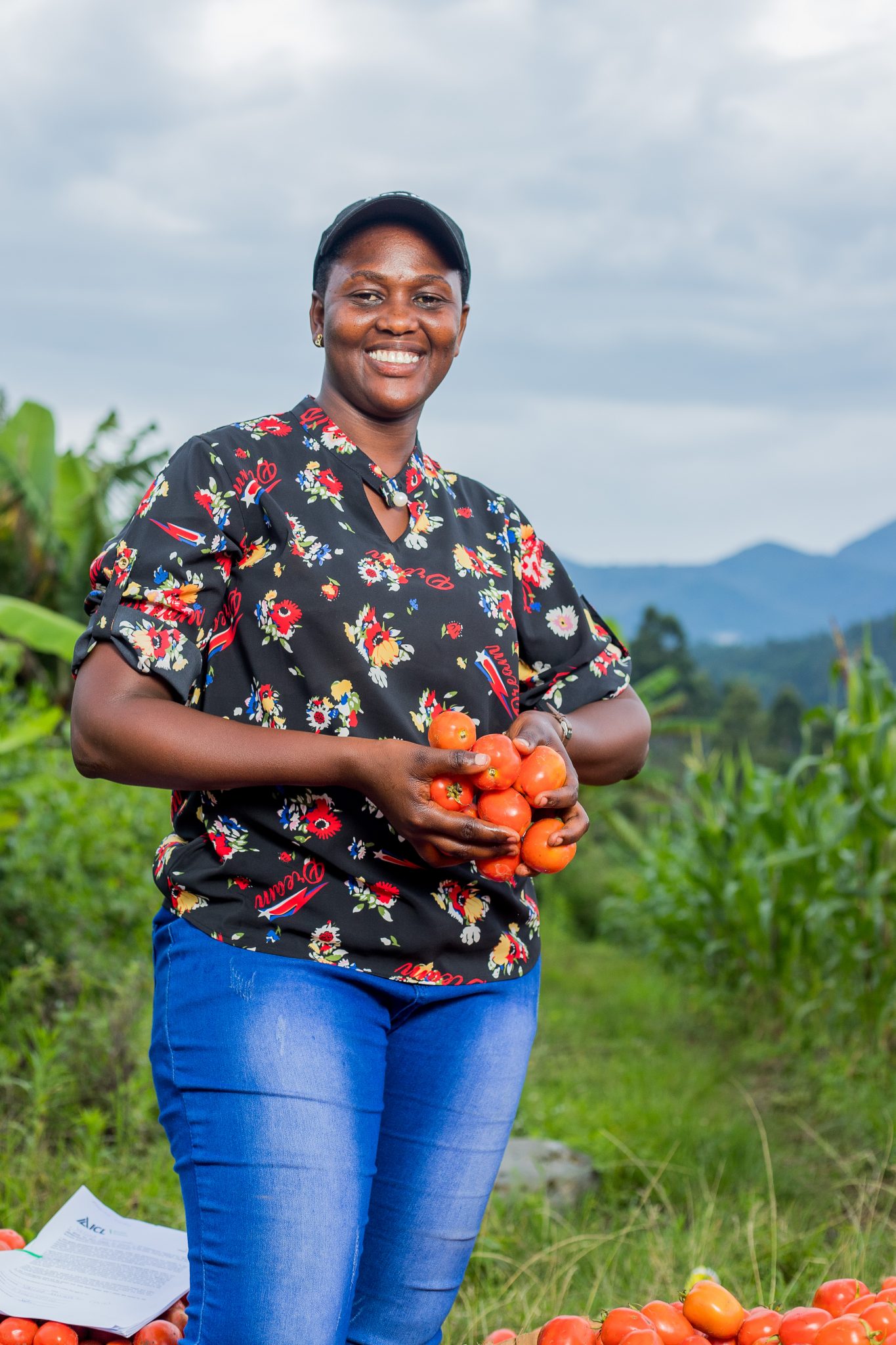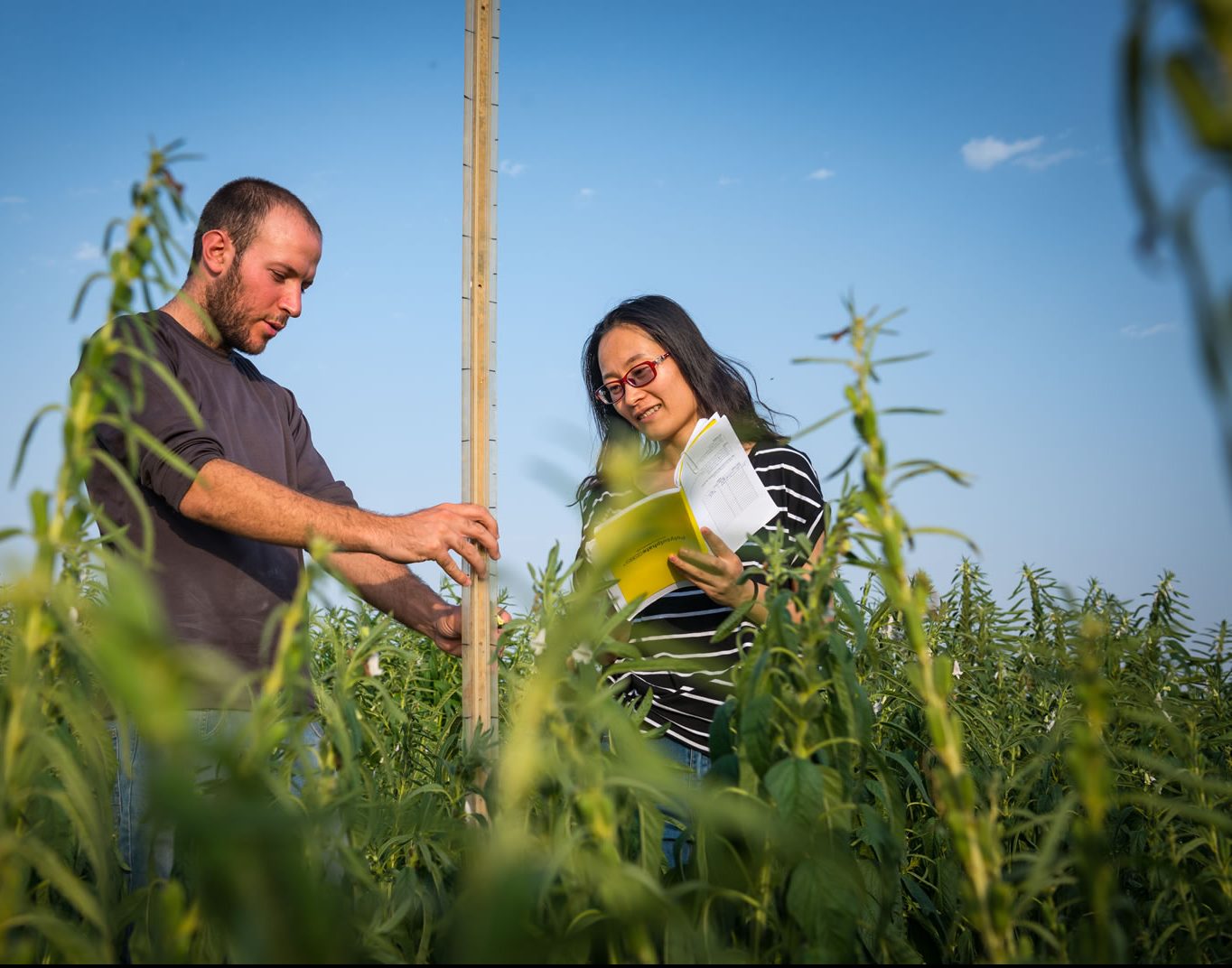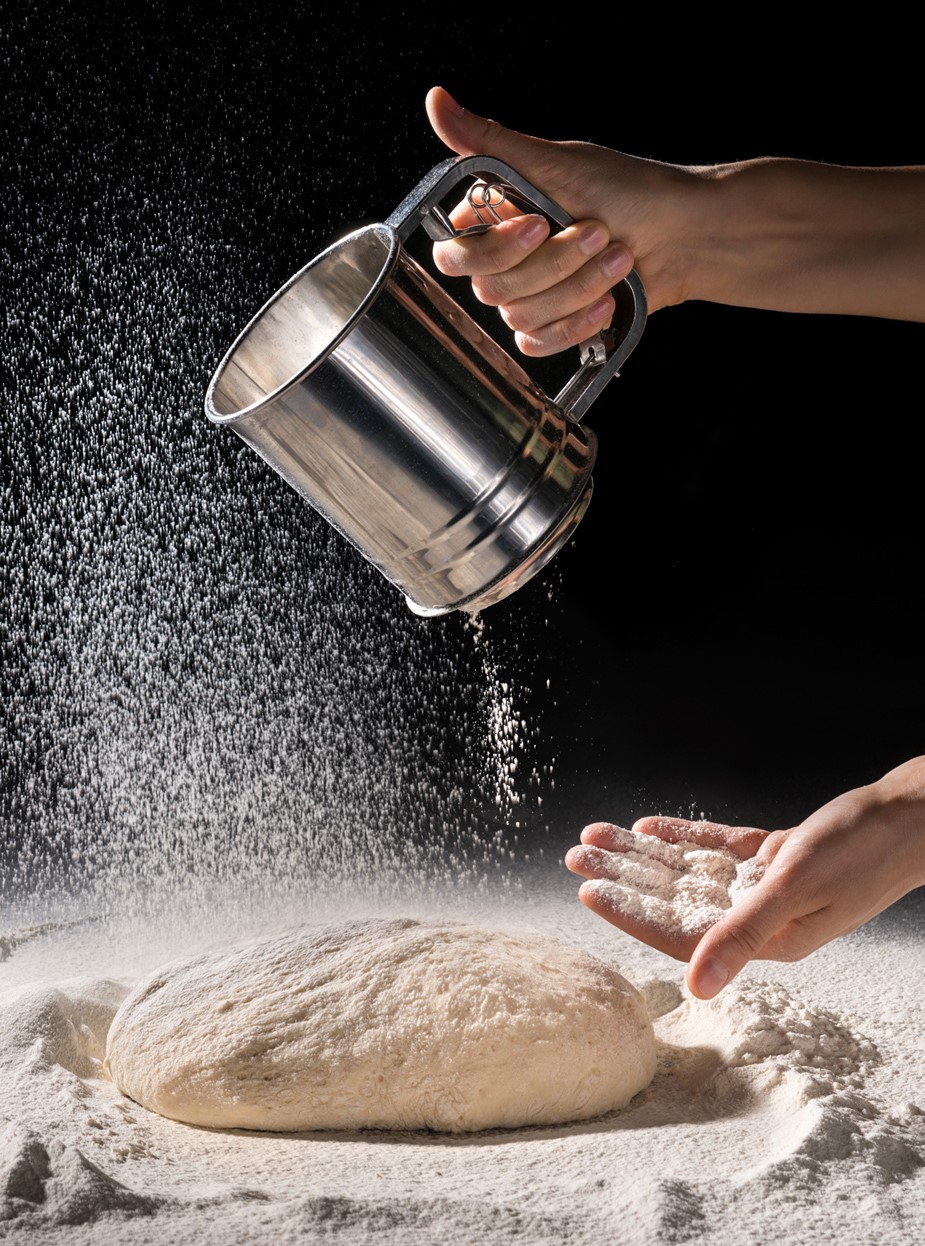Advancing Food Security
- Ag Tech
- Polysulphate
- Agricultural Research
- Agricultural Knowledge Outreach
- Scientific Collaborations
- Food Innovations & Alternative Proteins
Advanced & Balanced Fertilization
As the global population continues to rise, farmers worldwide are confronted by the constant need to increase yields, while facing climate change and other environmental hardships, as well as to adapt to regulatory changes.
Mineral fertilizers are responsible for over half of the world’s food production.
The fertilizer industry helps to overcome agricultural challenges, and facilitates increased crop yields on existing agricultural land, preventing excess conversion of natural habitats into agricultural land. ICL’s products enable farmers to reach data-based decisions, enhance yields and improve crop quality, increase nutrient use efficiency (more fertilizer is taken up by crops), reduce water consumption (H2Flo) and protect the environment by minimizing losses (leaching and volatilization) of nutrients.
Food Security: USAID CROP NUTRITION FARMER TRAINING PROJECT IN TANZANIA
ICL is one of a few companies to win a $150,000 award from the United States Agency for International Development (USAID) to implement a program entitled “Feed the Future Tanzania Mboga na Matunda” (Fruit and Vegetables). The program aims to increase the productivity and profitability of small horticultural farms in Tanzania.
ICL worked with farmers, facilitating training on balanced fertilization. The results were a significant increase in yields and profits for the farmers. Given the success of the project, USAID has decided to extend the funding until August 2020.
Read More
Land degradation on one hand and new regulations (such as the EU Nitrate Directive and China’s policy of Zero Nutrient Use Growth from 2020) on the other hand, are increasing the challenge of feeding the growing world population. Thus, the need for efficient farming techniques grows, too. To facilitate increased crop yields on existing agricultural land, it is important to promote the correct use of fertilizers. ICL does this through engagement, education and sharing information about effective and sustainable fertilization methods.




For this purpose, ICL has instituted a worldwide customer instruction and training program to promote safe and judicious use of fertilizers. ICL agronomists engage and train farmers on effective and balanced fertilization practices. This includes the application of plant nutrients in optimum ratios and in adequate amounts to achieve better yields and better quality, while maintaining soil fertility for future generations and preventing the conversion of nature to agricultural land.




Essential Nutrients
Nitrogen (N), phosphorus (P) and potassium (K), are the three essential nutrients required for plant growth. Although these three nutrients are present in the soil, the continued use of soil for agricultural cultivation depletes the concentration of these fundamental elements. Over time, this can result in a decline in crop yields and create the need to replenish nutrients by use of fertilizers.
Each of the three nutrients plays a different role in plant development. Without these nutrients, crops cannot achieve their growth potential. Potassium increases the yield and quality of agricultural produce, improves plant resistance to diseases and pests, increases the plant’s tolerance to drought and cold, contributes to the development of a strong and healthy root system, and improves the durability of agricultural produce in storage and transportation. Potassium increases the efficiency of use of nitrogen and other nutrients. Therefore, the use of potassium results in better utilization of nitrogen fertilizer and prevents it from leaching to groundwater or volatilizing.
There are currently no artificial substitutes for phosphorus and potassium. These are the nutrients that are the basis of ICL’s supply chain and that are mined in ICL mines worldwide.
On top of the minerals mentioned, ICL has a variety of products to best suit its clients. ICL’s marketed Speciality Fertilizers include diverse micronutrients compositions. Polysulphate fertilizers include multiple vital nutrients such as S, Mg and Ca.
Protein Alternatives & Reducing Food Waste
Growing more food is one aspect of food security, the other is making food available for consumers.
Protein Alternatives
ICL is developing products that enable its clients to replace meat protein with plant based proteins. Plants based proteins require much less resources than meat based proteins. ICL’s products enable companies to make endless food products that are based on alternative proteins. It has developed proprietary technology to produce vegetable-based proteins that are virtually indistinguishable from traditional meat products. This portfolio, known as the ROVITARIS® System, consists of protein in the form of fibers, textures and emulsions.
Increasing Shelf Life and Reducing Food Waste
In many countries, proper refrigeration is not available, therefore, consumption of products, such as milk products, is limited. ICL has a line of products that can be used for the safe consumption of foods with a longer shelf life.
